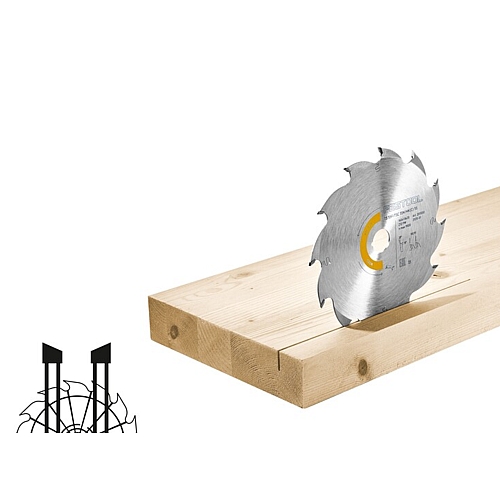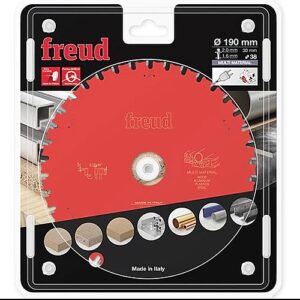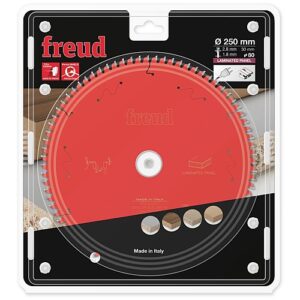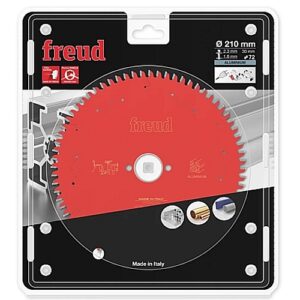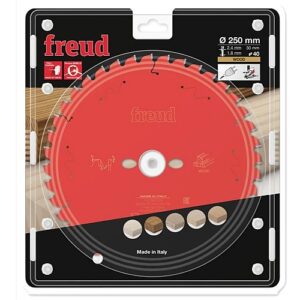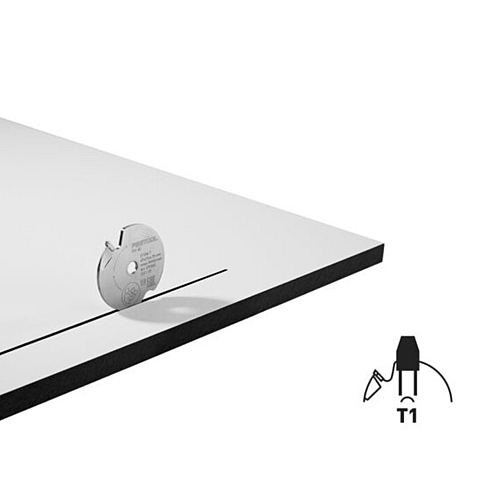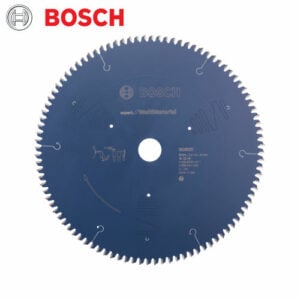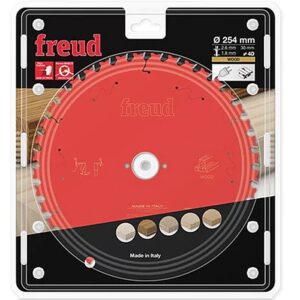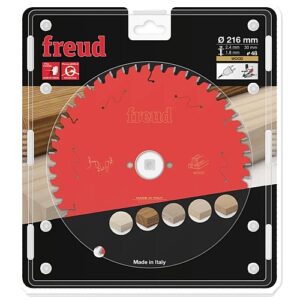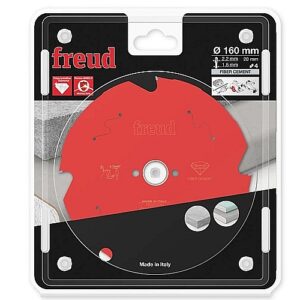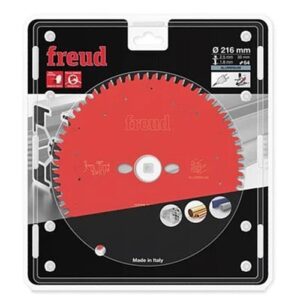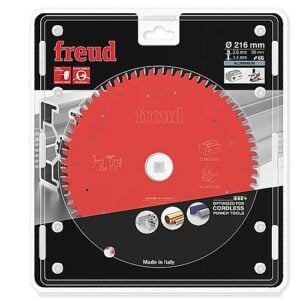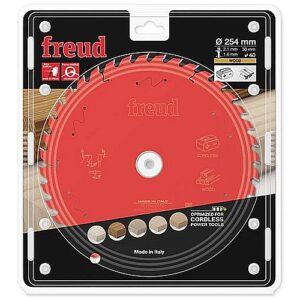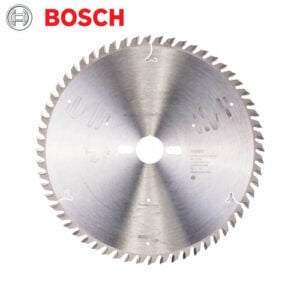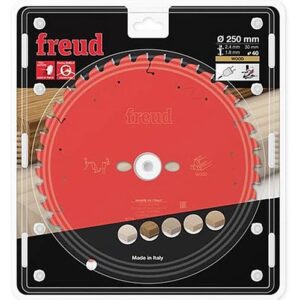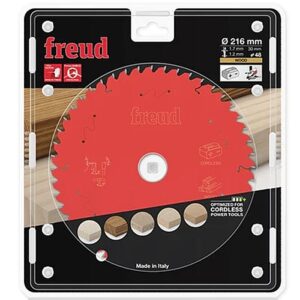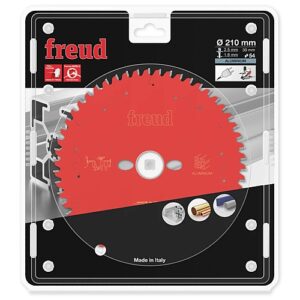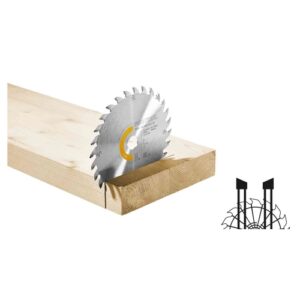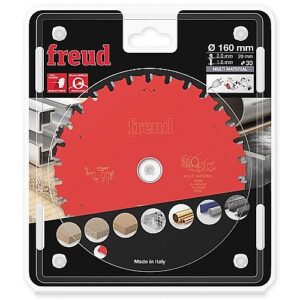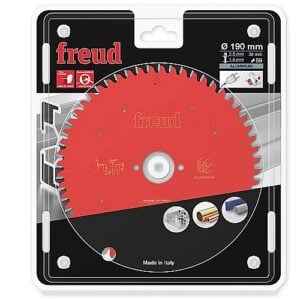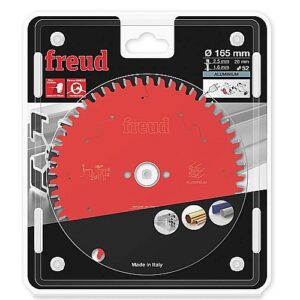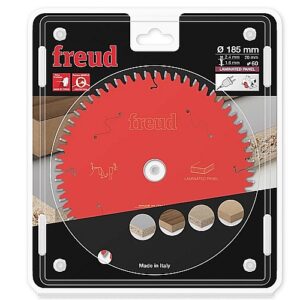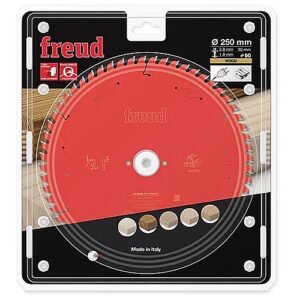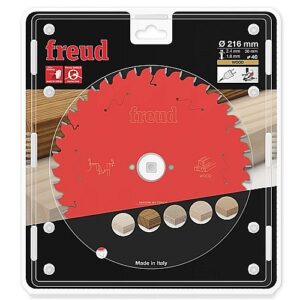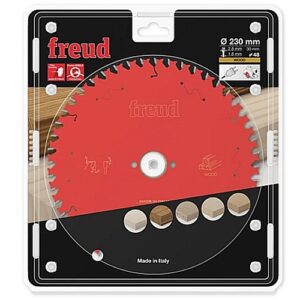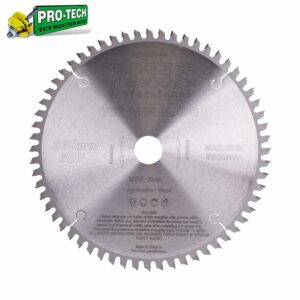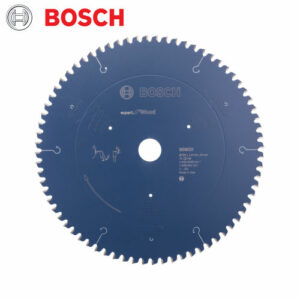Our product selection consists of high-quality circular saw blades available for use in portable, cordless and stationary saws. Saw blades are available in configurations for most applications, from general-purpose blades to highly specialized designs. Everything depends on how much blade you want, and that’s often a question of construction material and amount of use.
Circular Saw Blades and Dado Terms.
Below is a list of circular Saw Blade terms to assist you in selecting the right blade for the right job.
Arbor: The saw motor shaft that rotates the saw blade. Often referred to as the mandrel.
Bore: The arbor by which the saw blade is mounted on the Saw. Available in various sizes. The bore size on the blade, in layman’s terms the center hole size of the blade.
Crosscut: To cut or saw against/across the grain of the wood.
Finishing Saw Blade: A saw blade with a higher tooth count to provide smoother cuts. Typically refers to 7-1/4″ blades with more than 40 teeth and 10″ blades with more than 60 teeth.
Framing Saw Blade: Carbide tipped saw blades used to make fast cuts in all types of wood (the fastest cutting is achieved with lower tooth count saw blades).
Combination Saw Blade: Saw blades used for both ripping (cutting with the grain of the wood) and crosscutting (cutting across the grain).
Kerf: This is the width of the cut, including the steel plate thickness plus any overhand on a carbide blade.
General Purpose Saw Blade: Lower tooth count saw blades. Used primarily for fast cross-cutting and ripping.
Miter: The process of cutting material for an equal angle joint.
Ripping: The process of sawing a board in the direction of the grain of the board.
Showing 29–56 of 281 results
